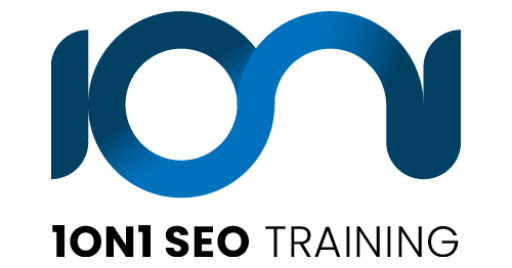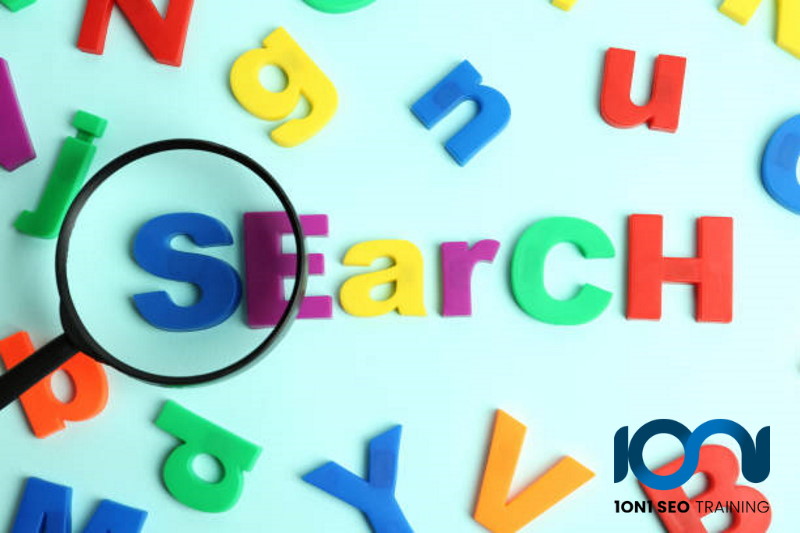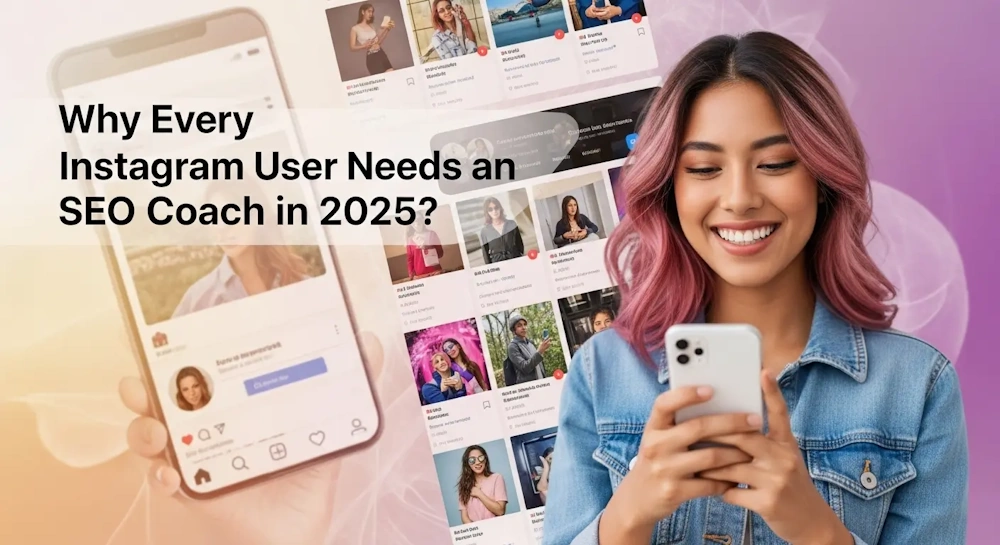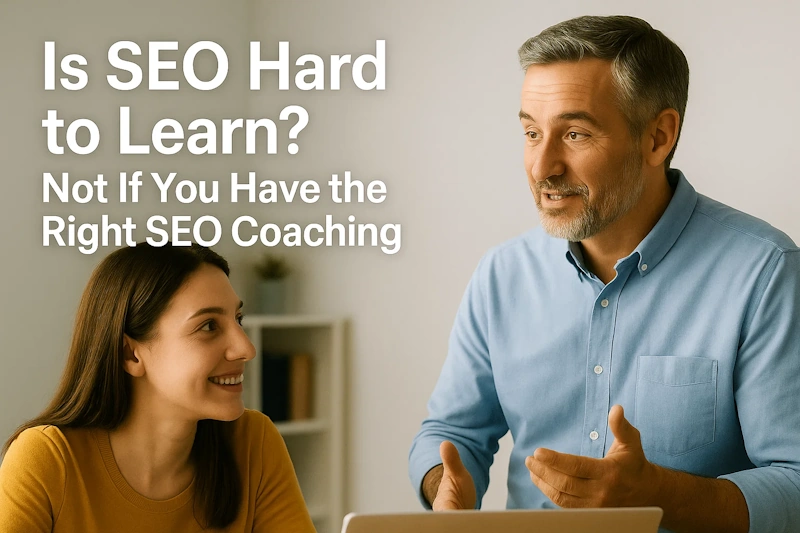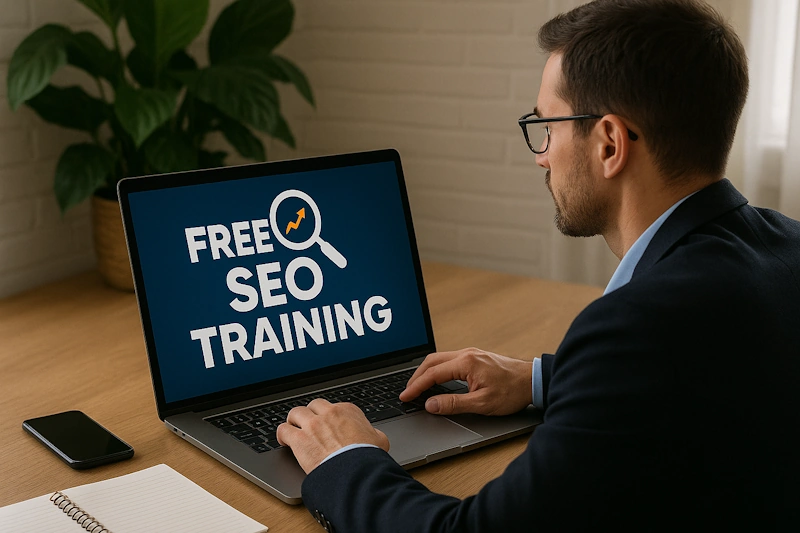If you're working on your site's SEO, you've probably dabbled in search intent and keyword research. Many business owners begin with keyword research and stop at that. Unfortunately, some barely dig beneath the surface of the keyword soup and target keywords with the highest search volumes. Who doesn't want to rank for something with 10,000 monthly searches, right?
But, more than search volume, people use different keywords with different search intents. As a result, they also have slightly different expectations each time they type a different longtail keyword.
While competition and search volume are factors, your content will not help your optimization efforts if you ignore search or user intent. Why? Because ultimately, what decides the usefulness of online content is not Google but people using Google to discover new websites to solve their problems.
Ignoring search intent is like directly ignoring people and what they need online.
The user intent, or search intent, describes the objective or purpose for which a user enters a search phrase into a search engine.
User intent is currently the most critical component in content and search engine optimization, surpassing individual keywords as the most important ranking factor. There are three types of user intent: informative, transactional, and navigational.
The resultant search is informational if someone uses a search term primarily to find more information about a topic. For example, if users wish to be directed to a website, like pages with brand names, their search is navigational. On the other hand, if the user's objective behind a search phrase is to purchase an item, then the search is deemed transactional.
Google aims to offer the most pertinent information to all users. Search engines are increasingly concerned with determining the user's intent and enhancing semantic search. Instead of analyzing each phrase, search engines examine the relationship between all words in a search term.
Google now recognizes the value of semantic context, meaning, and user intent in searches.
This innovation in search places high-quality, comprehensive information that fulfills user intent at the core of search engine optimization. High-quality content that aligns with user expectations has a measurable impact on ranking criteria and enables a high position in Google search results. In addition, understanding consumer needs is necessary for creating content that Google considers relevant.
Businesses and publishers must assess if their content meets the needs of their audience. They must structure their material around keywords that match the desired user intent. Technical optimization must be coupled with practical, context- and user-centric content.
Breaking Down 1on1 SEO Training's Keyword Strategy
This is going to come as a shock to many of you…
But we're going to share how we use some of our keywords. These are the exact keywords that helped you find our website and connect with your new SEO coach.
One practical approach to writing helpful content is focusing on search intent after identifying the keywords necessary for 1-on-1 SEO Training. Picking out keywords creates a flurry of additional research and work, and that's the time when the writing commences.
It's never an easy process. The content writing process becomes more complex as we focus on generating important content.
As previously mentioned, people use different keywords because they have different intentions and expectations. Check out some of the keywords below:
Learn SEO
When people type "learn SEO," they may have two intentions: finding material to read about search engine optimization, and they may also be looking for a resource to get more organized or formalized lessons on SEO. In addition, searchers expect authoritative content about SEO and perhaps the opportunity to find an authority figure who can help break down SEO for them to apply.
SEO courses
A person looking for SEO courses is likely not looking for regular blogs or informational pages where SEO is only described in general. Instead, people who look for SEO courses have already learned about SEO basics and have at least a rough idea of how SEO works.
However, they need something intermediate or advanced. They want to take their SEO knowledge to another level because the regular blogs on SEO no longer cut it for their need to learn.
Therefore, we serve searchers with information about how SEO certification courses work while highlighting the information of one-on-one training. As a result, people can make up their minds about the best approach that suits their needs, while we're able to grow our brand organically by simply providing the best information about SEO courses.
SEO certification
A search for "SEO certification" differs from a search for an SEO course. While many courses abound, it's different when an educational institution, educator, or private company offers proof of aptitude or certification in search engine optimization. A certificate equals credentials and proof that the person has mastered the subject matter.
People conduct searches for SEO certifications typically because they need proof for employment purposes. In addition, they want to get hired for SEO professional positions and build their resume.
However, the experience won't always carry a person to a good job position, so SEO certification becomes necessary to stand out from the crowd of other SEO professionals who may have nearly identical experiences in the industry.
SEO coach & SEO tutor
Searching for an SEO coach indicates that the person is ready for 1on1 SEO Training services. People look for SEO coaches when they need an expert to guide them through the detailed steps that will solve their problems. It's one thing to read "you need backlinks" and do it without losing money during the offsite campaign. That's the vast difference between knowing a lot of theory and applying the best practices in SEO to your website.
The same logic applies to people who look for an SEO tutor; they come from the same place. By learning from an experienced SEO tutor, a professional or business owner can engage in SEO practices with little fear that they're doing something that might harm their website. An SEO tutor will show them good SEO practices, not black hat ones that will get their websites penalized or sunk by Google.
SEO book
People looking for an SEO would have a transaction intent; they're likely looking to buy a book on search engine optimization because they'd like to learn more about the subject in their spare time.
Or maybe they're just passionate and would like to read more while attending SEO classes with an experienced SEO expert with many years of experience. Either way, there is a sizeable transactional bent with this search.
SEO videos
Searches for SEO videos are specialized; people aren't looking for something to read but a completely different content format. Video is huge on the internet. Videos have made YouTube the third most significant search engine globally.
